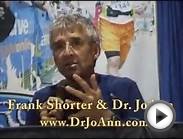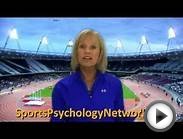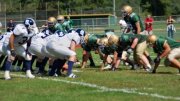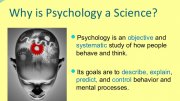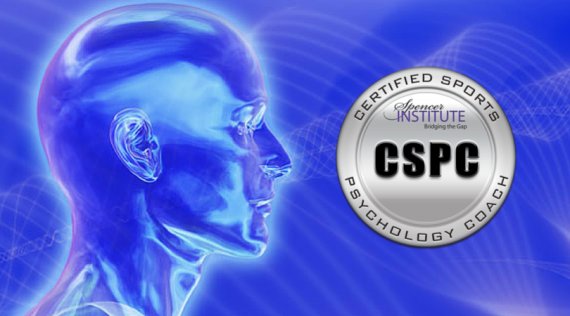
Applied sport and exercise psychology professionals are interested in how participation in sport, exercise, and physical activity may enhance personal development and well-being throughout the life span.
>VIDEO: The importance of AASP's Certified Consultants
Certified Consultants of the Association for Applied Sport Psychology (CC-AASP) are members with a masters or doctorate degree who have met specific course requirements in sport and exercise psychology and have completed an extensive, supervised work experience. The disciplines included within the sport psychology field applicable to those holding the CC-AASP designation include: clinical psychology, educational and mental health counseling, social work, industrial–organizational psychology, and sport and exercise psychology from a sport science basis.
To obtain the CC-AASP credential, the individual must demonstrate they have completed specific educational requirements along with a minimum of 400 hours of mentored and applied experience. Formal training includes course work in subject areas from psychology and sport and exercise science. The applicant will undergo an extensive evaluation process conducted by AASP’s Certification Review Committee.
Certified Consultants must renew their certification every five (5) years. Renewal requirements include maintaining an active AASP membership, development of a professional skill set through documented continuing education programs and abiding by the association’s Code of Ethics.
Members who are certified may use the letters CC-AASP after their name and highest university degree. While the CC-AASP designation signifies the highest standard of education and training in the psychological aspects of sport science, it does not designate the individual as a “sport psychologist”. Requirements for providing psychological services are determined by individual state/provincial/territorial licensing boards.
AASP Certified Consultants agree to abide by the AASP Ethical Code.
A CC-AASP may work with a wide variety of participants in sport and exercise. Some examples include:
- group exercise leaders and personal trainers
- health club instructors and administrators
- exercise participants
- youth sport through elite level coaches and administrators
- youth sport, high school, college, and elite level athletes
- athletes with disabilities
- recreational athletes
- injured athletes
- athletic trainers
Source: www.appliedsportpsych.org
You might also like:

